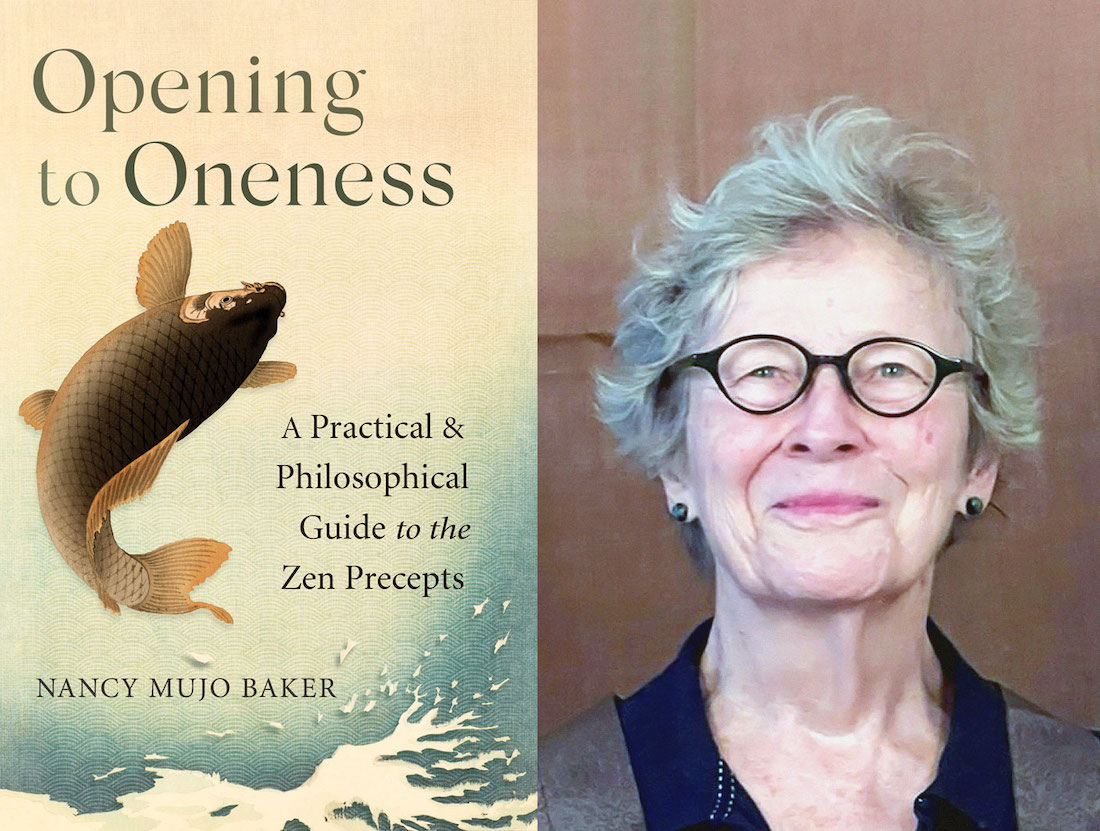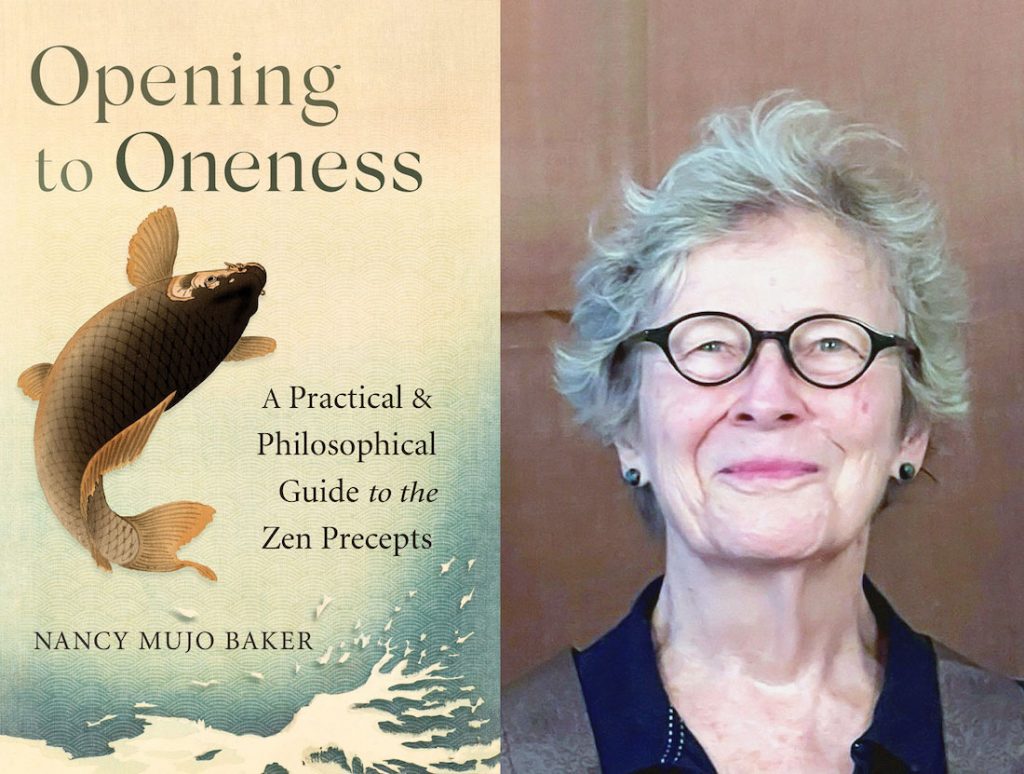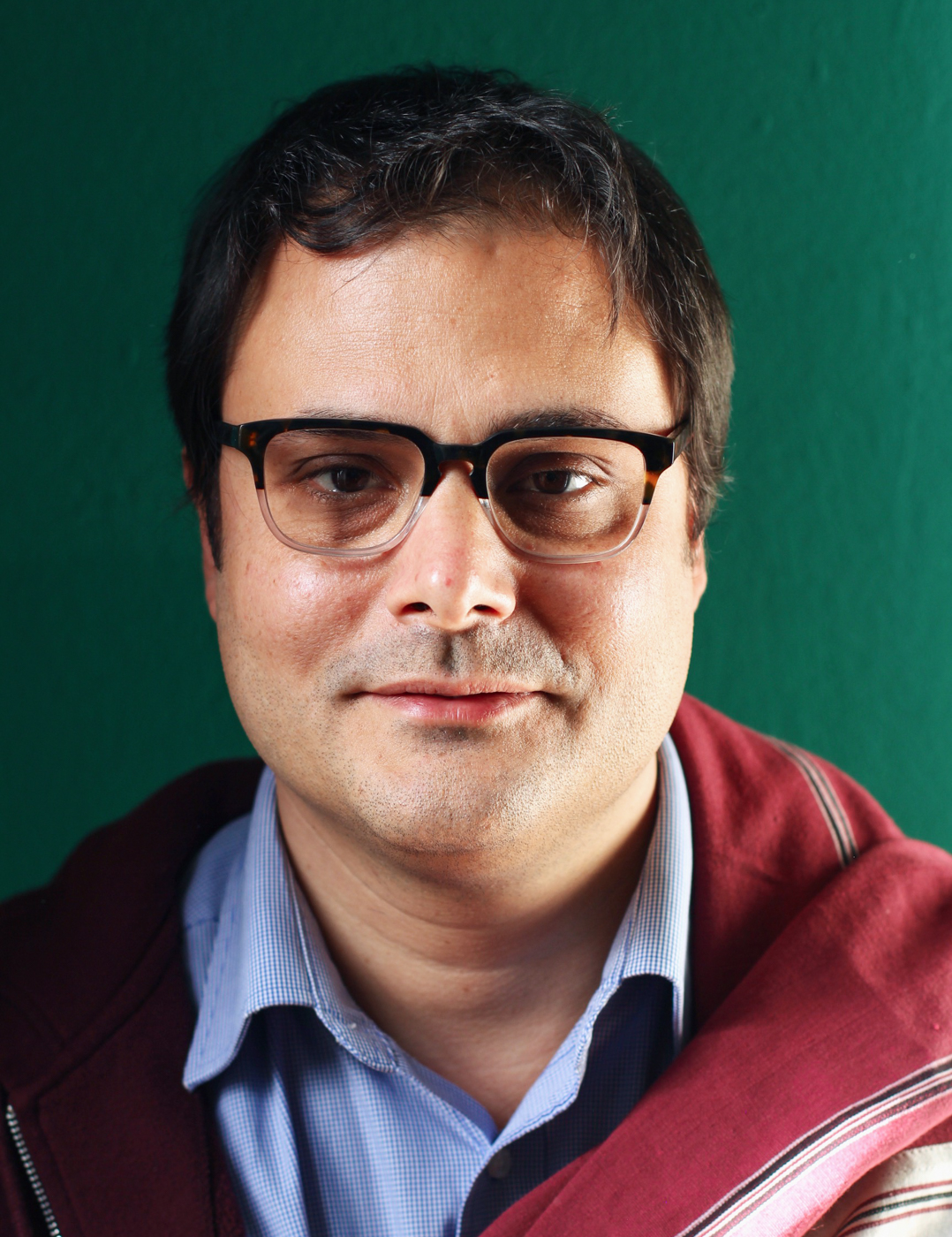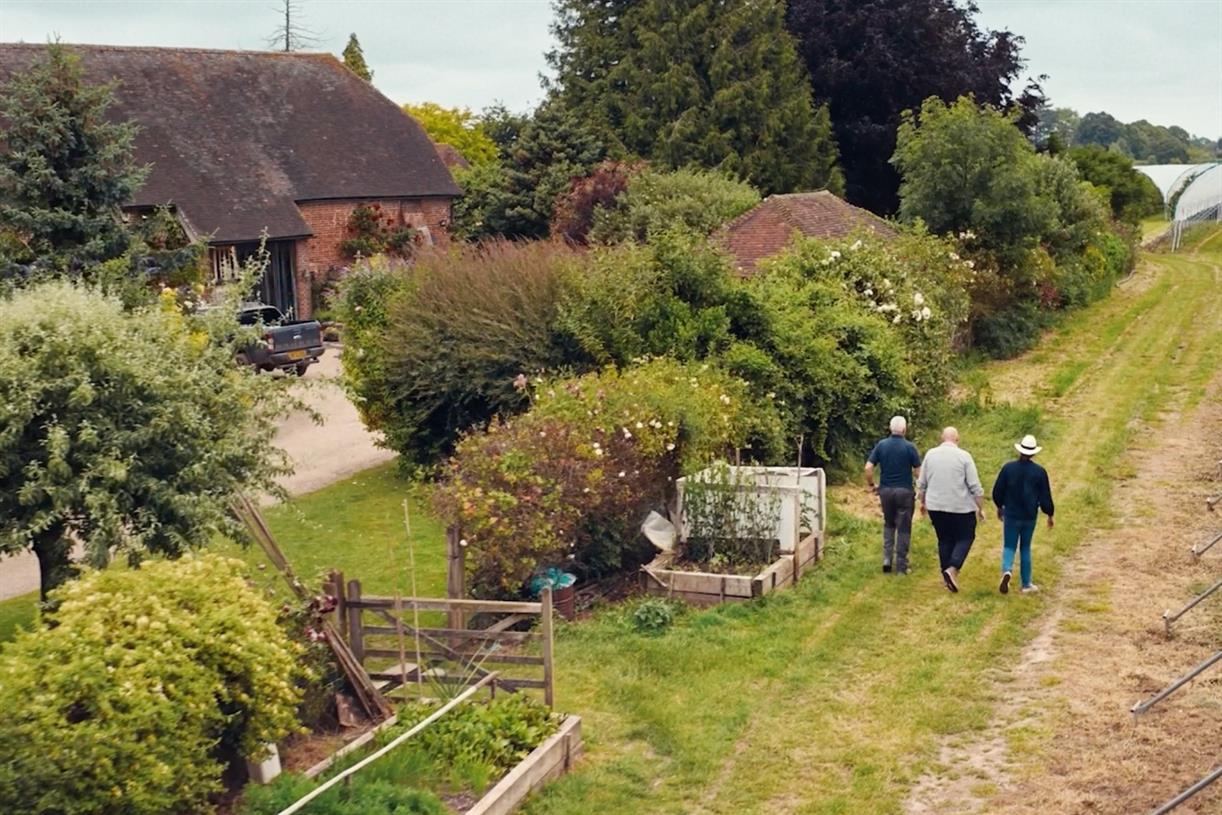Befriending the Liar Within
Roshi Nancy Mujo Baker on how working with the Zen precepts can reveal our inherent buddhahood The post Befriending the Liar Within appeared first on Tricycle: The Buddhist Review.

Roshi Nancy Mujo Baker on how working with the Zen precepts can reveal our inherent buddhahood
Interview with Roshi Nancy Mujo Baker by James Shaheen Feb 16, 2023 Roshi Nancy Mujo's Baker new book, Opening to Oneness: A Practical and Philosophical Guide to the Zen Precepts, is out now with Shambhala Publications.
Roshi Nancy Mujo's Baker new book, Opening to Oneness: A Practical and Philosophical Guide to the Zen Precepts, is out now with Shambhala Publications.When Zen teacher Nancy Mujo Baker first encountered the Zen precepts, they were presented to her as a list of rules and regulations: Do not kill, Do not lie, and so forth. But when she started teaching a class on the precepts at her sangha, she began to see them as expressions of enlightened reality. Inspired by the commentaries of 13th-century Zen priest Eihei Dogen, Baker believes that working with the precepts can be a way of revealing our inherent buddhahood. In her new book, Opening to Oneness: A Practical and Philosophical Guide to the Zen Precepts, Baker offers practical exercises for compassionately acknowledging the liar, stealer, and killer within each of us.
In a recent episode of Tricycle Talks, Baker spoke with Tricycle’s editor-in-chief, James Shaheen, about Dogen’s commentary on the precepts, the importance of getting to know our anger, and how we can cultivate compassion for the parts of ourselves we tend to reject. Read an excerpt from their conversation, and then listen to the full episode.
It can be easy to think of the precepts as a list of ethical norms or rules, but you write that they’re actually expressions of enlightened reality. Can you say more about this distinction? As I was writing this book, I was undergoing a deep inquiry into Dogen, who’s very difficult to understand. The precepts that come down to us from Dogen are presented not as “Don’t steal, don’t lie” but as non-stealing and non-lying. That was a mystery to me. I wrote the book to explain how the precepts get to the place of non-lying and non-stealing where they are expressed naturally without any sense of separation. That’s really what the book is about: learning to acknowledge the killer, the liar, the stealer in each of us so that we can arrive at that place of a precept being expressed naturally.
How does this affect our practice with the precepts? Enlightenment is not a once-and-for-all state. Dogen says, “There are bodhisattvas who have become buddhas millions and millions of times.” Becoming a buddha is that moment of nonduality when the precept completely arises naturally. But in the next moment, in a different context, I may have to be making a choice. I may have to be conscious: “Well, I have a tendency to steal attention, so I’m going to bite my tongue here. I’m going to practice some kind of restraint.” The more that we can acknowledge, welcome, befriend, and even love those parts of ourselves that we would rather hide or deny, the more we’ve undone the opposition between stealing and not stealing. They are no longer these separate, clunky objects. That allows for the arising of a precept naturally and spontaneously.
“When we hide things from ourselves and from others, a lot of our energy goes into hiding and not into living.”
Can you say more about the risks of hiding these rejected parts of ourselves? I think anything we hide involves cloaking ourselves in something heavy that will succeed in hiding. The inner work is always uncovering [these parts], opening to them, and bringing them out of hiding. At the end of each chapter in the book, I share exercises for people to do with each other. To bring something out of hiding just for myself isn’t enough—I have to be able to do it in the presence of others, which can be scary. I work with a small sangha, and they have had experiences of being one with each other, moments of total non-separation, in the middle of doing these exercises. You start learning what it is to listen. Zen says everything preaches the dharma, so we need to learn to listen to reality. It’s interesting to see the love that comes from that. All of our efforts to hide and judge are these sharp edges, and the openness, softness, and freedom of the discovery of love here is amazing.
Along those lines, you write that our job in working with the precepts is to “learn who we are as killers in a compassionate way.” Can you say more about the process of exploring how we fail to live up to the precepts? [The process] is exploring it with particulars, namely, with particular precepts, particular contexts, and particular people. Let’s say I have a tendency to lie, and I’m aware of it. It doesn’t have to be major things, it can be little tiny things that I lie about to protect myself or to get something. This is where the practice comes in of acknowledging, welcoming, and getting to know my lying and discovering that it’s not going to kill me to share that experience with somebody else—it can actually be liberating. Plato once said that the most miserable of men is the tyrant, who always has to be on guard. That’s what happens to us when we hide things from ourselves and from others: a lot of our energy goes into hiding and not into living.
![]()
Thank you for subscribing to Tricycle! As a nonprofit, we depend on readers like you to keep Buddhist teachings and practices widely available.
This article is only for Subscribers!
Subscribe now to read this article and get immediate access to everything else.
Already a subscriber? Log in.

 Konoly
Konoly 































